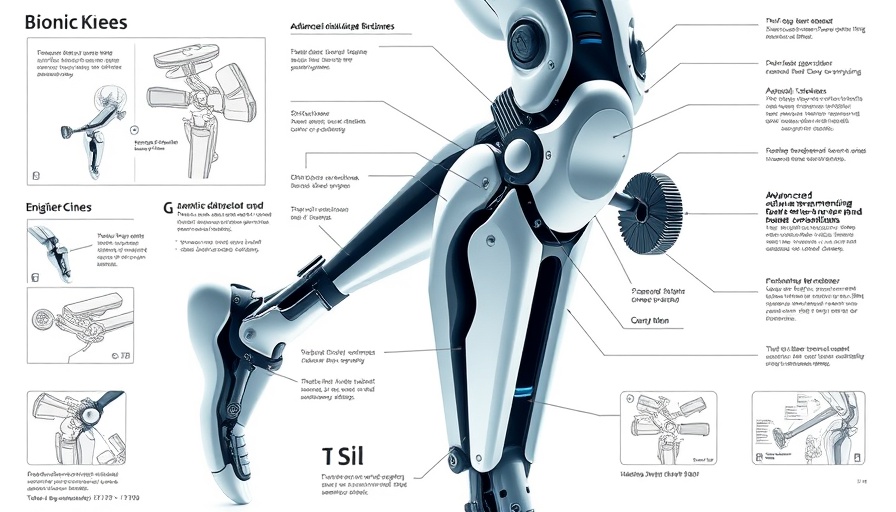
The Rising Stakes of Cybersecurity in Healthcare
In today's digital age, cybersecurity has become a pressing concern, especially in the healthcare sector. With cyberattacks on the rise, organizations must prioritize robust security measures to protect not just data, but also the patients they serve. Recent statistics reveal a staggering average of 1,357 cyberattacks per week on North American healthcare facilities, highlighting the urgent need for effective strategies to combat these threats.
Why Patient Safety is Vulnerable to Cyber Threats
The connection between cybersecurity and patient safety has become disturbingly clear. Cyberattacks, particularly ransomware, disrupt essential services and can have catastrophic effects on patient care. Imagine a scenario where a hospital’s electronic health records are locked down, leading to delays in diagnostics, disrupted treatment plans, and ultimately, jeopardized patient lives. It is essential for healthcare organizations to understand that cybersecurity is not merely an IT issue—it's a matter of patient safety.
Shifting from Reactive Defense to Proactive Measures
To combat the rising tide of cyber threats, the healthcare industry must move beyond a reactive stance and adopt a proactive approach to cybersecurity. This begins with the recognition that cyber resilience should be embedded in organizational culture. Boardrooms and clinical leaders must treat cybersecurity as an integral part of operational readiness, fostering a culture that prioritizes ongoing vigilance and preparedness.
Implementing Continuous Threat Monitoring
One key strategy for enhancing cybersecurity in healthcare is implementing continuous threat monitoring. Security professionals need to provide around-the-clock oversight of systems, ensuring prompt detection and response to incidents. Tools for automated incident response can significantly reduce operational downtime, allowing healthcare providers to maintain care without interruption.
Building a Comprehensive Cyber Resilience Plan
Beyond mere technology, healthcare organizations must develop comprehensive cyber resilience plans that encompass not just technology, but people and processes as well. Training staff on cybersecurity awareness and best practices can create a more secure environment and foster a culture of vigilance against potential threats.
The Road Ahead: Future Innovations in Cybersecurity
As cyber threats evolve, so too must the strategies to combat them. The future of healthcare cybersecurity will likely include the integration of artificial intelligence and machine learning to enhance threat detection and remediation. Embracing these technologies could very well provide the next frontier in safeguarding patient data and ensuring the continuity of care in the face of cyber adversities.
Cybersecurity in healthcare is not just a technical challenge; it is a critical aspect of patient safety. By prioritizing it in their operational strategies, healthcare organizations can mitigate risks and safeguard the well-being of patients they serve.
 Add Row
Add Row  Add
Add 




 Add Row
Add Row  Add
Add 
Write A Comment